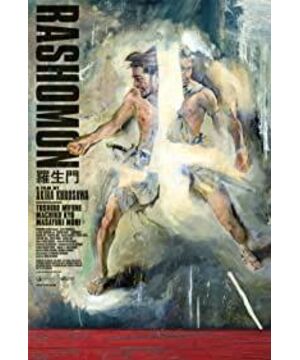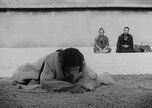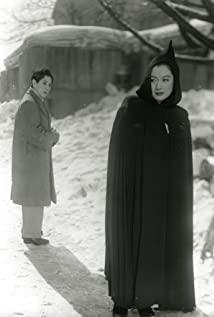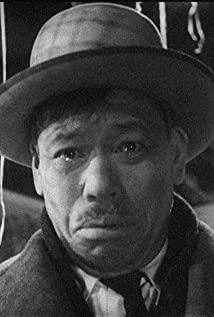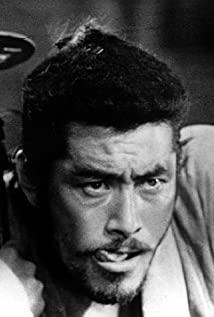The robber concealed that he begged onna like a dog, and that he fought like a dog, although in the end he won. So, in the story he told, onna took the initiative to beg to be kidnapped. She was a strong martial artist and a heroic figure, and completely abused the warrior
Jiutiaojie. So, in her story, she was loyal and unyielding, and the samurai committed suicide because she could not bear the humiliation
. Therefore, in his story, he did not fight the robber, and the cause of death became suicide because he could not bear the humiliation. After all, suicide is better than being killed;
Chaif concealed the fact that he had witnessed the whole process and the existence of the dagger. So, in his story, he only found the body, but did not see the whole process of the murder. Daggers never existed either.
I have always felt that at the beginning of human beings, nature is inherently evil.
The reason why there are so many good people in this society is that we are now in a peaceful and prosperous society, and the ugliest side of human nature has not been stimulated, but has been gradually corrected and developed towards positive energy. Therefore, when I hear about cannibalism in times of famine, and burning, killing and looting in times of war, I don't feel any major shock. Because I deeply believe that people talk about themselves all day long and are above the creatures of the earth. But in fact, man is just an animal, a slightly smarter animal. Animals have the nature of animals, that is, in order to keep their genes going, they can do everything, the weak eat the strong, and the winner is the king.
View more about Rashomon reviews


